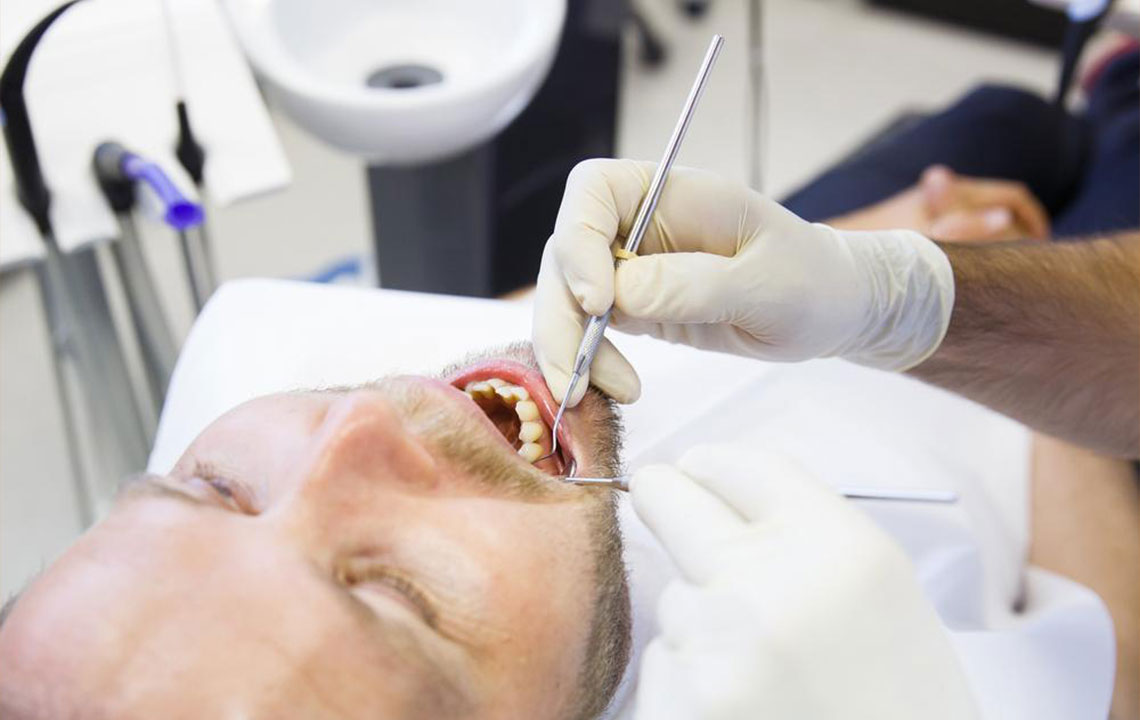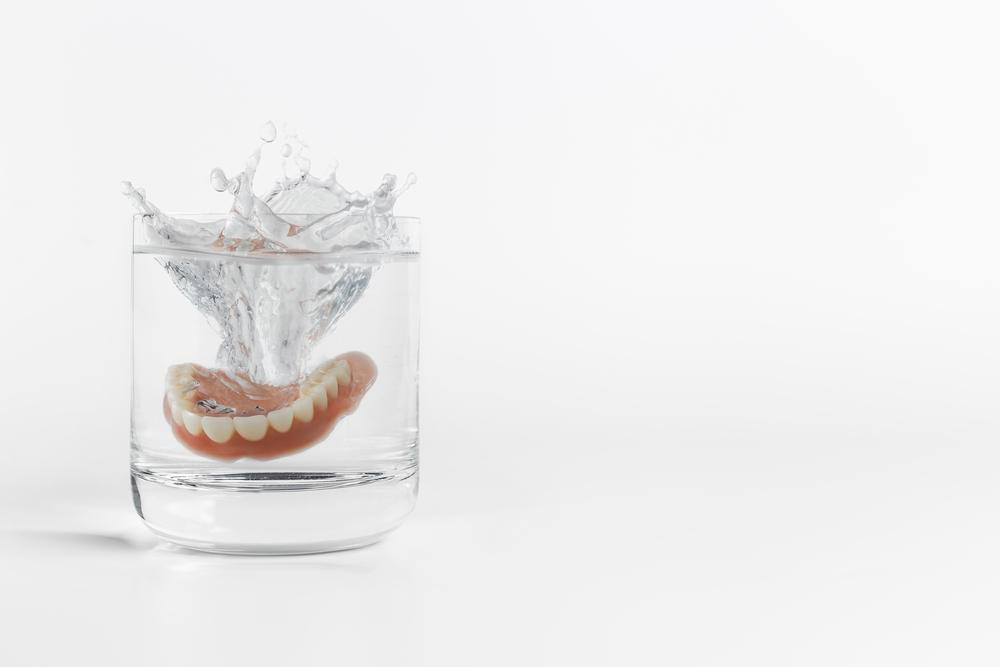A Complete Overview of Dental Implant-Supported Dentures: Benefits, Types, and Care Tips
Discover the comprehensive guide to dental implant-supported dentures, including their types, placement procedures, benefits, and essential care tips. Perfect for anyone considering tooth replacement options, this article provides insights into modern dental solutions that combine comfort, functionality, and aesthetics for a confident smile.

Comprehensive Overview of Dental Implant-Supported Dentures: Benefits, Types, and Care Tips
Dental implant-supported dentures have emerged as an innovative and effective solution for individuals seeking to restore their missing teeth with stability and comfort. Unlike traditional dentures that rest solely on the gums, implant-supported dentures are securely anchored to titanium implants embedded into the jawbone. This method offers numerous advantages, including improved stability, increased chewing efficiency, and protection against bone loss. Patients who opt for these advanced prosthetics benefit from a more natural feel and appearance, making them a popular choice in modern restorative dentistry.
Understanding the different types of implant-supported dentures is essential. Broadly, they can be categorized into traditional removable dentures that are anchored via implants and advanced fixed options that offer a permanent solution. Traditional implant-supported dentures involve attachments that allow removal for cleaning, while fixed variants are permanently secured, providing a more seamless and natural look. The choice between these options depends on individual oral health, jawbone density, and personal preferences.
Implant-supported dentures are designed with an acrylic base that closely resembles the natural gums, combined with prosthetic teeth made of porcelain or acrylic material. They come in various formats, including bar-retained and ball-retained (stud-attachment) systems. Bar-retained dentures have a metal bar that connects multiple implants, to which the denture clips onto, providing stability and even load distribution. Ball-retained dentures, on the other hand, use small spherical attachments (studs) that snap into matching sockets on the denture, offering a secure and retentive fit.
The process of placing dental implants involves a careful surgical procedure. Typically conducted in two stages, the initial surgery involves making incisions in the gums to expose the jawbone, followed by drilling precise holes to insert titanium implants. These implants act as artificial tooth roots. After placement, a healing period—often spanning several months—is necessary to allow osseointegration, where the bone fuses with the implant for stability. Once healed, a minor second surgery exposes the implants again, enabling the attachment of abutments that connect the implants to the dentures.
Most implant placements are performed in the front of the jaw due to denser bone and fewer nerve pathways, which simplifies the procedure and enhances success rates. The entire treatment duration from initial surgery to final denture placement can range from roughly five to twelve months, depending on individual healing rates and the complexity of the case.
Post-operative care is crucial to ensure the longevity of the implants and overall oral health. Patients should maintain excellent oral hygiene, including regular brushing and flossing, especially around the implants. During the initial healing phase, it’s recommended to remove dentures during sleep to prevent undue pressure on the implants and reduce the risk of irritation. Avoiding hard or sticky foods initially helps prevent damage or dislodgement of the prosthetics. Periodic check-ups with the dental professional are necessary to monitor implant stability, replace worn attachments like clips or bars, and address any complications promptly.
It’s important to consult with an experienced dental specialist to determine the most appropriate type of implant-supported denture based on your jawbone condition, budget, and long-term goals. While these procedures can be more costly than traditional dentures, their benefits in restoring functionality, aesthetics, and bone preservation often outweigh the investment. Proper aftercare, regular professional maintenance, and timely replacements of attachments are key factors in ensuring the durability and success of your implant-supported dentures.





